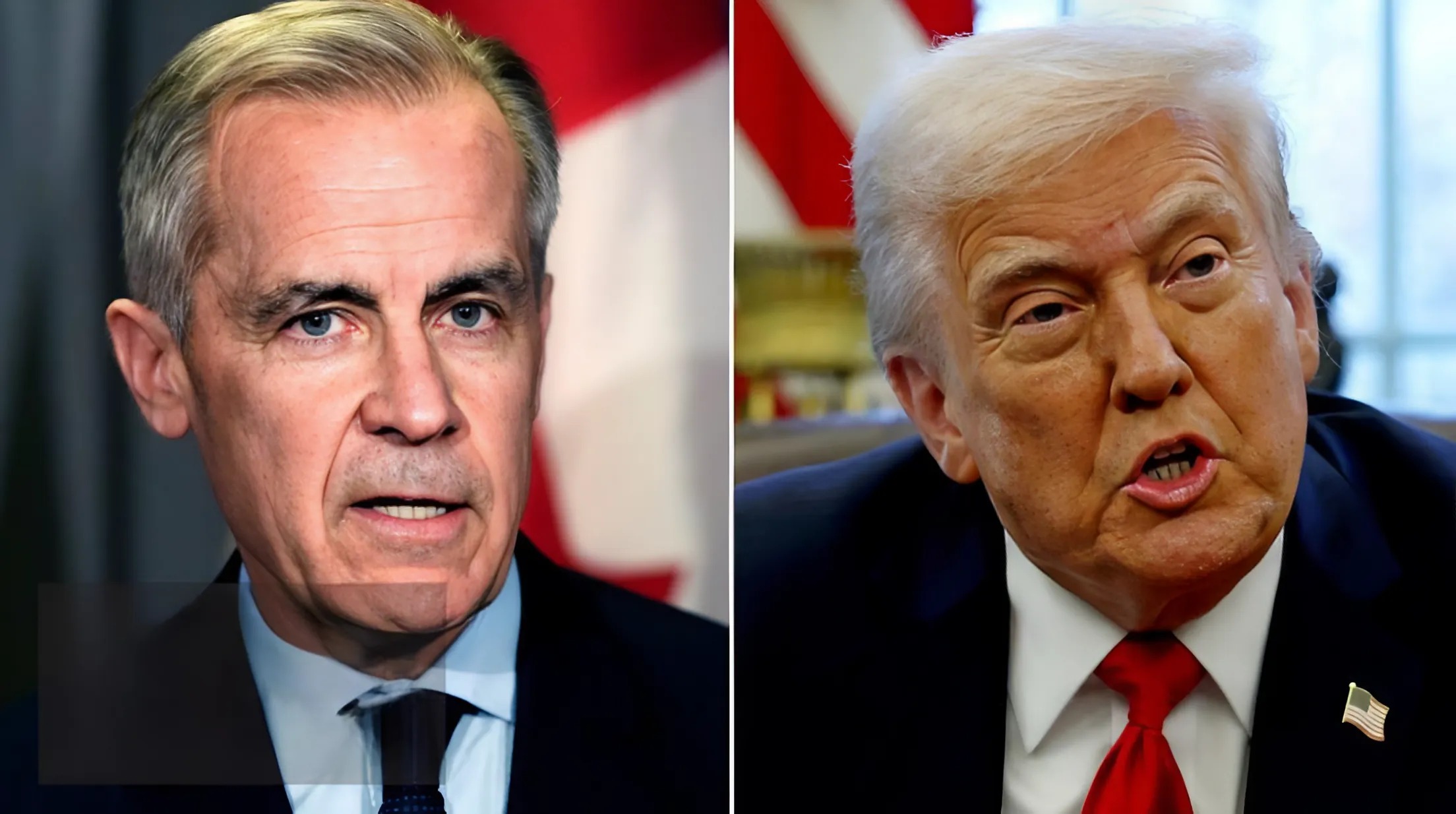The recent imposition of tariffs by the United States has ignited a series of retaliatory measures from its trading partners, notably Canada and the European Union, leading to escalating global trade tensions.
U.S. Tariffs and Canada’s Response

On February 1, 2025, U.S. President Donald Trump announced a 10% tariff on Canadian energy imports, including oil, natural gas, and electricity, and a 25% tariff on all other Canadian goods. These measures were justified by the U.S. administration as responses to concerns over illegal immigration and drug trafficking from Canada.
In retaliation, Canadian Prime Minister Justin Trudeau declared 25% tariffs on $155 billion worth of U.S. goods, with $30 billion of these tariffs taking effect immediately on February 4, 2025. The remaining tariffs were scheduled to be implemented within 21 days, allowing Canadian businesses time to adjust supply chains.
Impact on the Automotive Industry
The automotive sector has been significantly affected by these tariffs. The U.S. imposed a 25% tariff on imported vehicles and auto parts, prompting concerns about increased costs for consumers and potential disruptions in the supply chain. Automakers, including Stellantis and Hyundai, responded by offering consumer discounts to mitigate the impact.
Global Market Reactions

The announcement of these tariffs led to immediate turmoil in global financial markets. Major U.S. stock indexes experienced significant declines, with the Nasdaq entering a bear market and over $6.4 trillion in value erased from U.S. equities. The FTSE 100 also saw its steepest drop since the early days of the COVID-19 pandemic.
Federal Reserve Chair Jerome Powell warned that the tariffs could lead to higher inflation and unemployment, urging cautious policymaking amid high uncertainty. Despite these concerns, President Trump called for immediate interest rate cuts.
European Union’s Stance
French President Emmanuel Macron criticized the U.S. tariffs as “brutal and unfounded,” pledging a “firm” and “proportionate” response in line with World Trade Organization rules. He emphasized that such measures would harm both the U.S. and its allies, advocating for a coordinated European reaction.
French Finance Minister Éric Lombard advised against the EU retaliating with reciprocal tariffs, warning that such actions could harm the European economy and consumers. Instead, he suggested developing alternative measures to encourage the U.S. to engage in negotiations for a balanced trade agreement.
Conclusion
The unfolding tariff dispute between the U.S., Canada, and the EU underscores the fragility of international trade relations. As each party enacts measures to protect its economic interests, the potential for a full-scale trade war looms, with significant implications for global markets and industries. Diplomatic efforts and negotiations will be crucial in navigating these tensions and mitigating adverse economic impacts worldwide.
